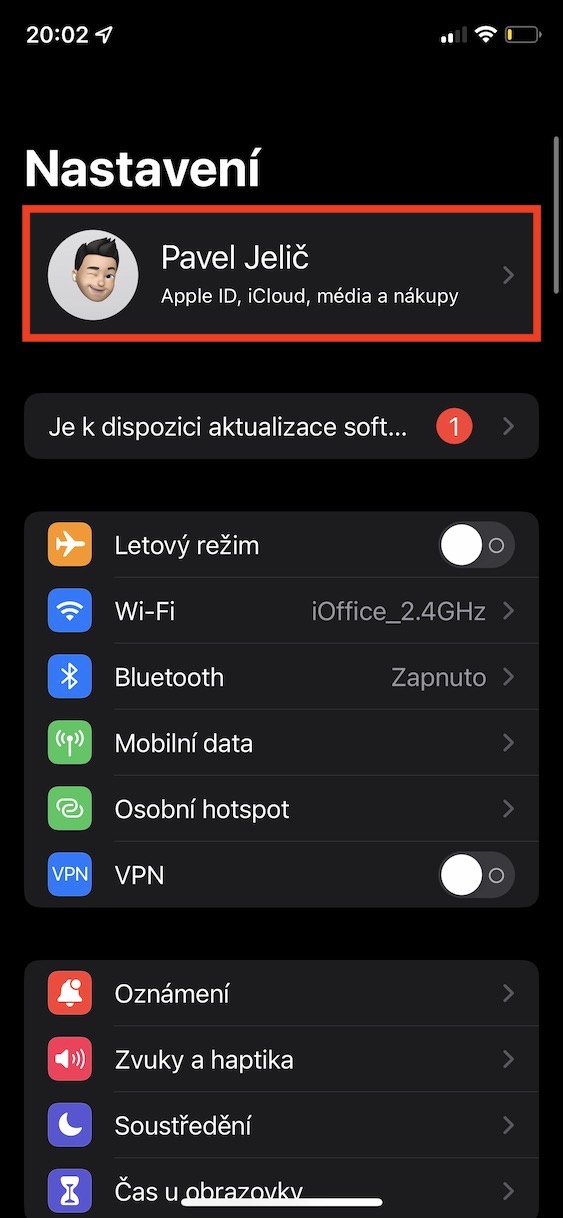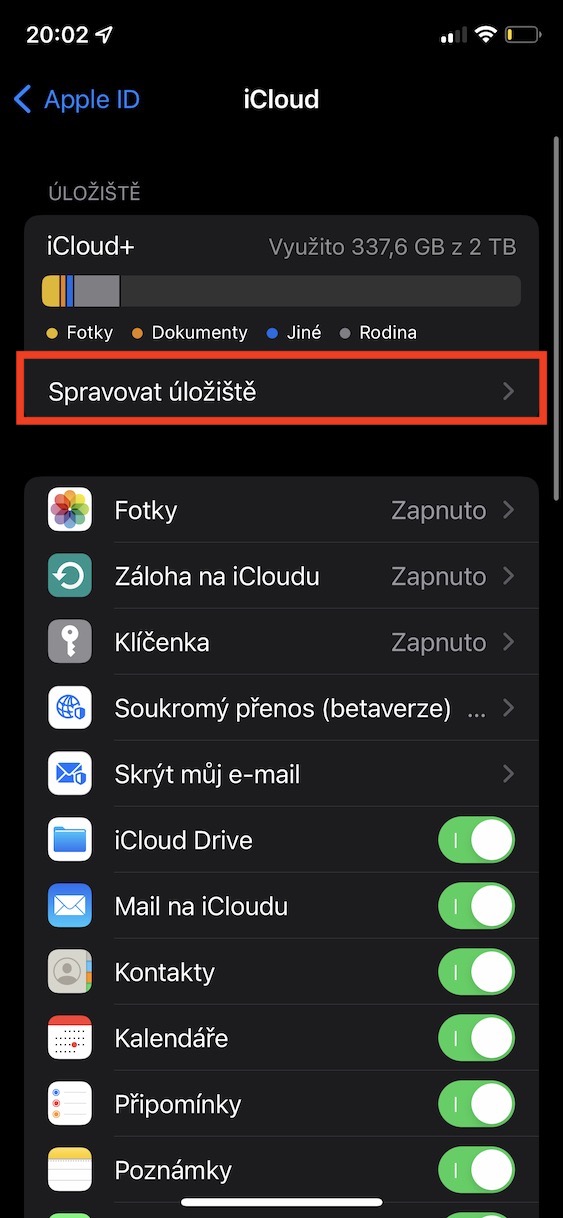Apple iPhones are among the most popular phones worldwide, thanks mainly to their security, performance, design and simple operating system. After all, Apple itself is also building on these pillars. The Cupertino giant likes to present itself as a company that cares about the privacy and security of its users. In the end, it's actually true. The company adds interesting security functions to its products and systems, the aim of which is to protect users.
It could be interest you
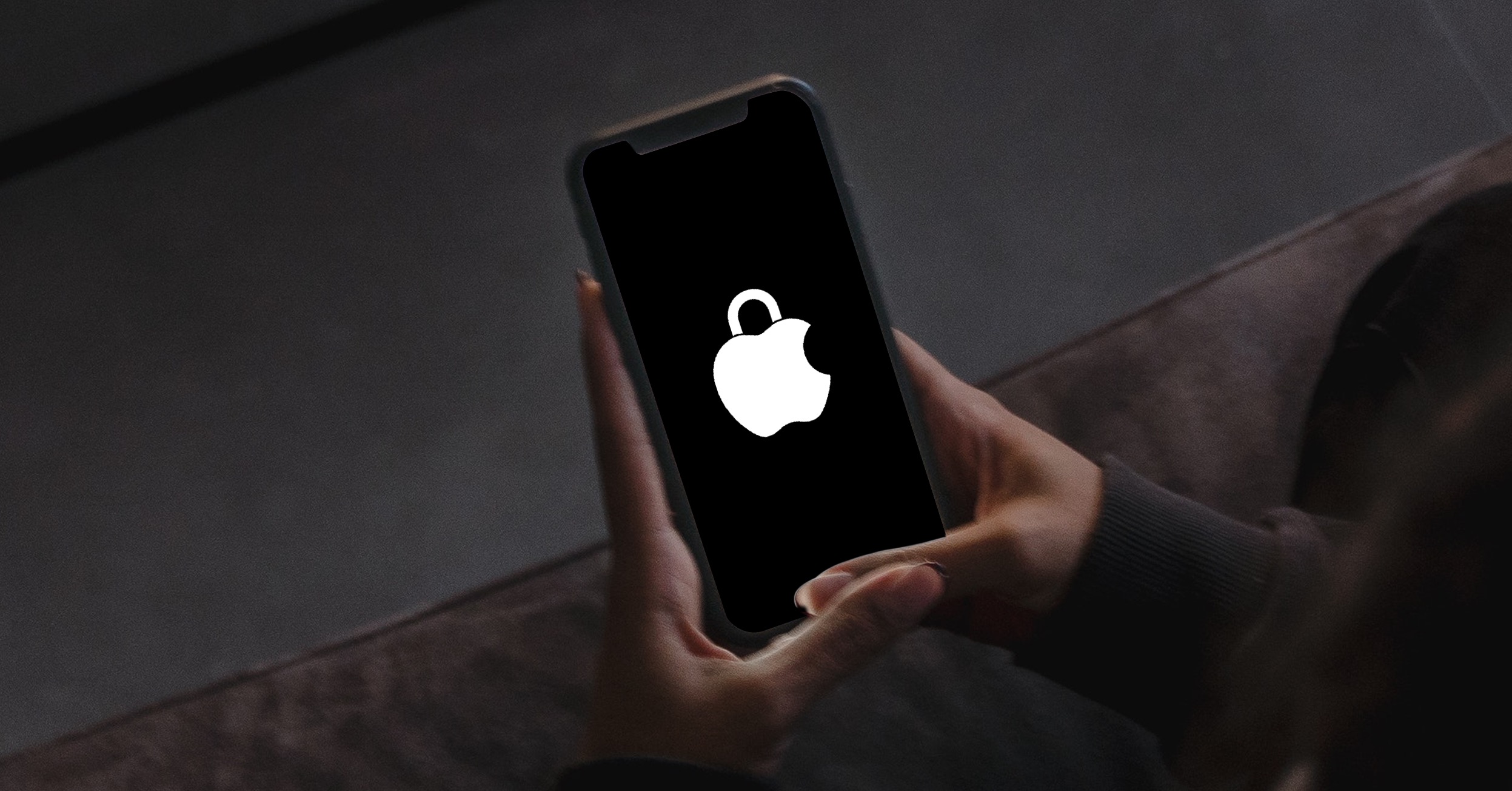
Thanks to this, we have, for example, the possibility to hide our e-mail, to register on websites through Sign in with Apple and thus hide personal information or disguise yourself when browsing the Internet through Private relay. Subsequently, there is also the encryption of our personal data, which is to prevent any unauthorized person from even getting close to it. In this respect, Apple products are doing really well, while we could put the main product, the iPhone, in the limelight. In addition, many operations are performed on the device, so no data is sent to the network, which will solidly support the overall security. On the other hand, a secure iPhone does not mean that our data from the phone is safe. The whole thing slightly undermines iCloud.
iCloud security is not at that level
Apple also likes to advertise that what happens on your iPhone stays on your iPhone. On the occasion of the CES 2019 fair in Las Vegas, which was mainly attended by competing brands, the giant had billboards with this inscription posted around the city. Of course, the giant was alluding to the well-known slogan: "What happens in Vegas stays in Vegas.As we mentioned above, Apple is mostly right about this, and they really don't take iPhone security lightly. However, the problem lies in iCloud, which is no longer so well secured. In practice, it can be explained quite simply. While attacking an iPhone directly can be extremely difficult for attackers, this is no longer the case with iCloud, making it more likely that you will encounter data theft or other issues. Of course, the question is also what you actually use your storage for. So let's look at it in a little more detail.
Today, iCloud is practically an inseparable part of Apple products. Although Apple does not force its users to use iCloud, it at least pushes them to do so – for example, when you activate a new iPhone, almost everything automatically starts backing up to the cloud, including photos and videos or backups. Data stored on iCloud isn't even the best in terms of encryption. In this regard, the Cupertino giant relies on E2EE end-to-end encryption, and only in the case of certain types of backed-up data, where we could include passwords, health data, household data and others. A number of others, such as personal data, which are stored as part of the backup, are then almost never encrypted. In these specific cases, although our data is stored on Apple's servers in a relatively secure manner, the company uses general encryption keys to which it has access. This type of encryption is designed to prevent problems in the event of a security breach/data leak. In reality, however, it does not protect them from Apple itself or anyone else who will request our data from Apple.
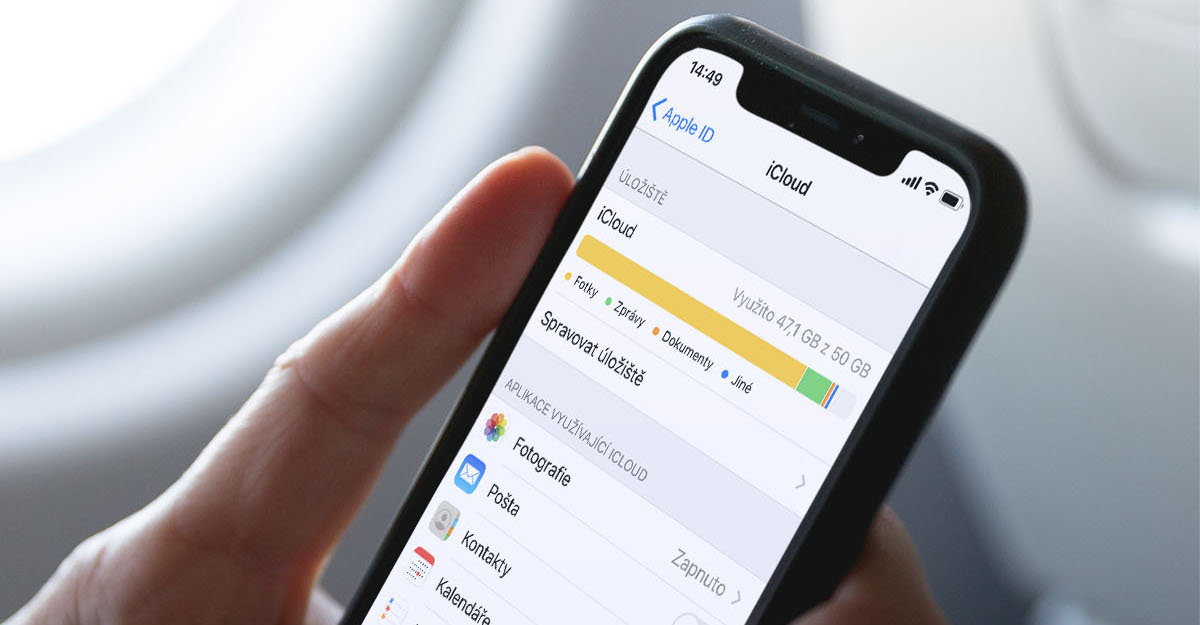
You may remember the moment when the US FBI asked Apple to unlock the iPhone of the shooter suspected of a triple murder. But the giant refused. But this particular case involved data stored on the device, as they could easily access iCloud backups themselves if they took the necessary steps to do so. Although the mentioned incident more or less indicates that Apple will never disclose user data, it is necessary to look at it from a wider angle. This is not always the case.
Are iMessages safe?
We must also not forget to mention iMessage. This is Apple's own communication service, which is only available on Apple devices and its functionality is similar to, for example, WhatsApp and the like. Of course, the Cupertino giant relies on these messages to offer apple users maximum security and end-to-end encryption. Unfortunately, even in this particular case, it is not as rosy as it might seem at first glance. Although iMessages are really secure at first glance and have end-to-end encryption, iCloud undermines the whole thing again.
It could be interest you
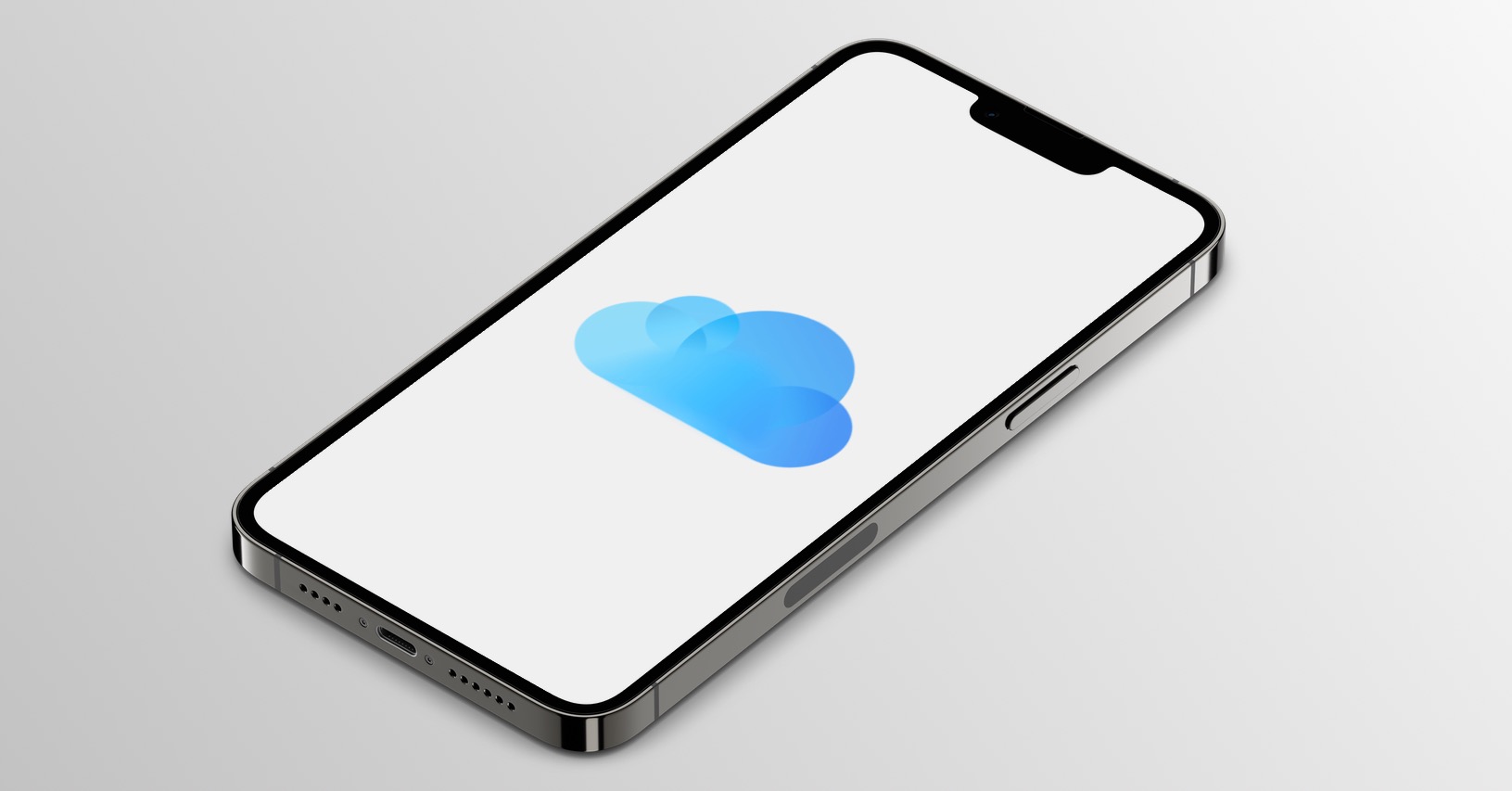
Although data from iMessage is stored on iCloud using the aforementioned E2EE encryption, it theoretically offers relatively sufficient security. Specific problems only appear if you use iCloud to fully back up your iPhone. Keys for decrypting the final encryption of individual iMessage messages are stored in such backups. The whole thing can be easily summarized - if you back up your iPhone to iCloud, your messages will be encrypted, but their entire security can be broken extremely easily.
